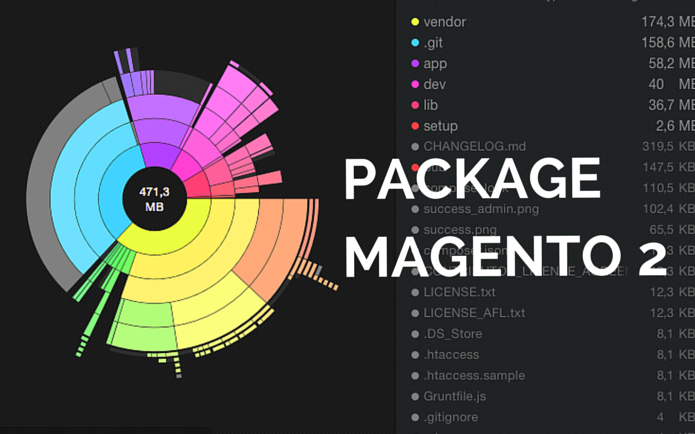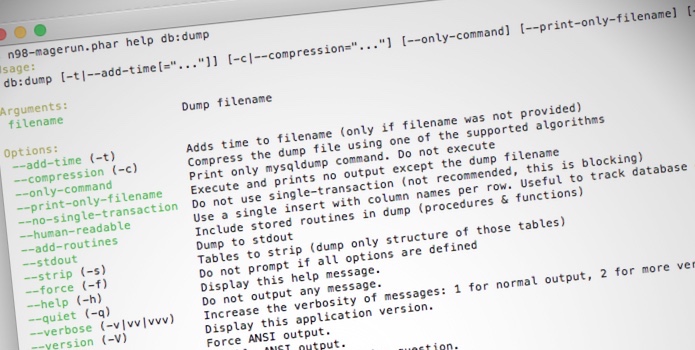Month: December 2014
-

How to prepare Magento 2 beta package for offline use
Let’s see how to prepare Magento 2 beta package for offline use and how to compress sample data for the new platform.
-

How to easily dump Magento database with n98-magerun
Let’s see how to dump a Magento database easily with a n98-magerun tool.